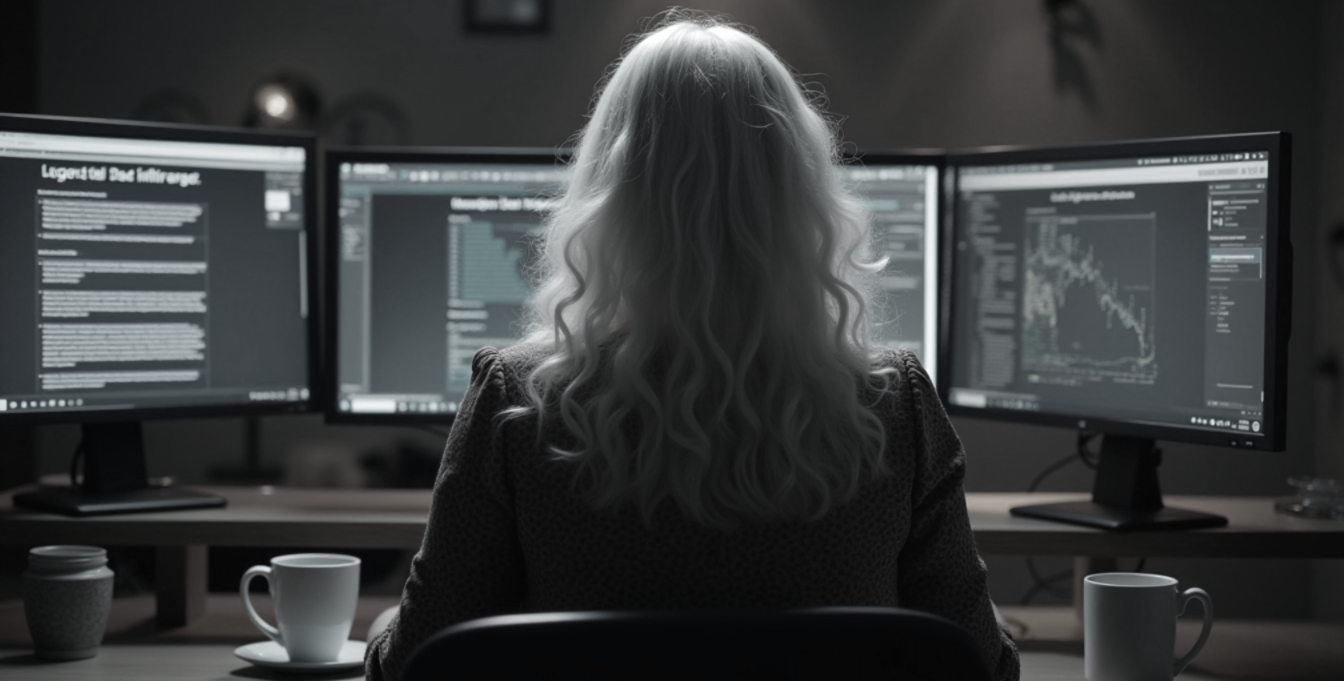The Kaiser Permanente hospital in Bellflower has been hit with a $187,500 fine for failing for a second time to prevent unauthorized access to confidential patient information, state pubic health officials said today. [Updated at 3 p.m.: A spokesman for the hospital said the fine was part of the ongoing investigation into employees improperly accessing…
Online thieves raid Hong Kong accounts
Hong Kong banks have been ordered to step up online security Relevant Products/Services measures after it emerged that thieves had stolen more than 289,000 Hong Kong dollars (37,000 US dollars) in a series of Internet bank raids, officials confirmed Tuesday. The Hong Kong Monetary Authority (HKMA) said the money was stolen in three separate incidents…
Elance Security Breach
Just a quick post with a warning from Elance. I received an email from their customer service folks at an ungodly hour this morning, that states (if I were to paraphrase) that the site has been hacked or attacked in some way. The email covers the basics, but doesn’t include very much detail of exactly…
UCSD cancer center health info breach
Thirty thousand patients at University of California, San Diego’s Moores Cancer Center have been notified of a hack last month that resulted in access to their protected health information. Read more from the Associated Press.
Three brothers jailed in UK for credit card factory
Three brothers have been jailed for a total of 12 years for making fake credit and debit cards. The three pleaded guilty at Southwark Crown Court to conspiracy to defraud. Officers from the Metropolitan Police’s specialist card fraud squad were searching an office space in Brent and found evidence that the room was being used…
UK govt departments reveal laptop losses
Ministers have revealed the number of laptops lost or stolen from their departments, with the Department for Work and Pensions mislaying 41 laptops last year. Work and pensions minister Jim Knight said that out of around 9,700 laptops used by his department and its agencies, 41 were lost or stolen in 2008. The figure shows…
